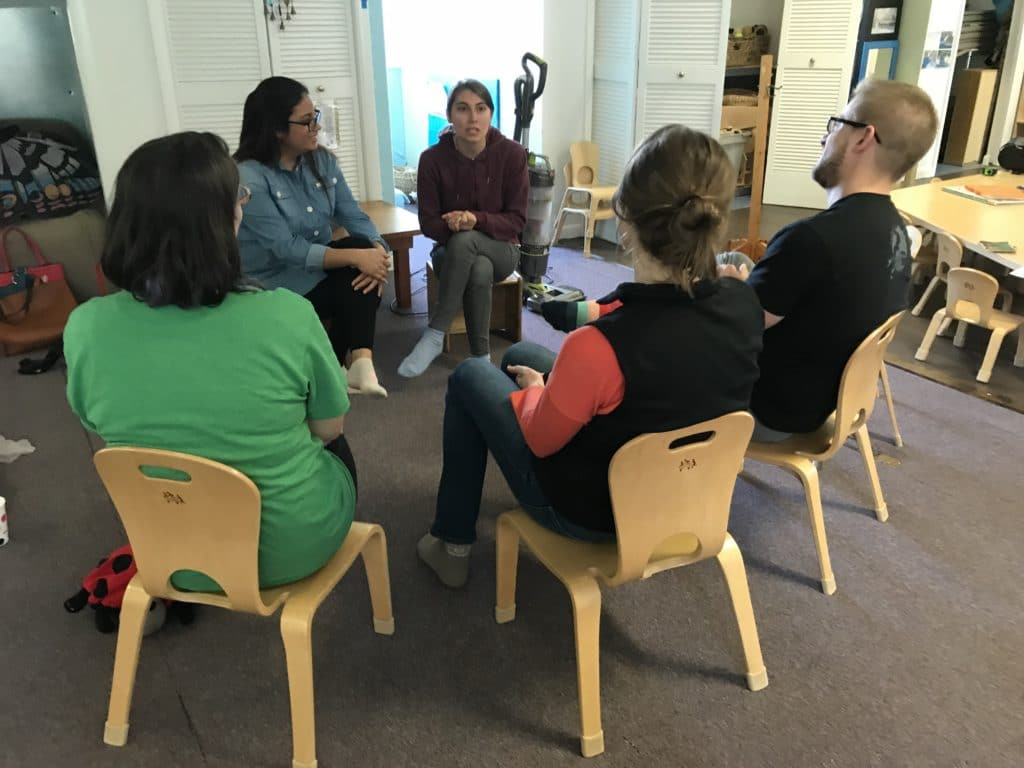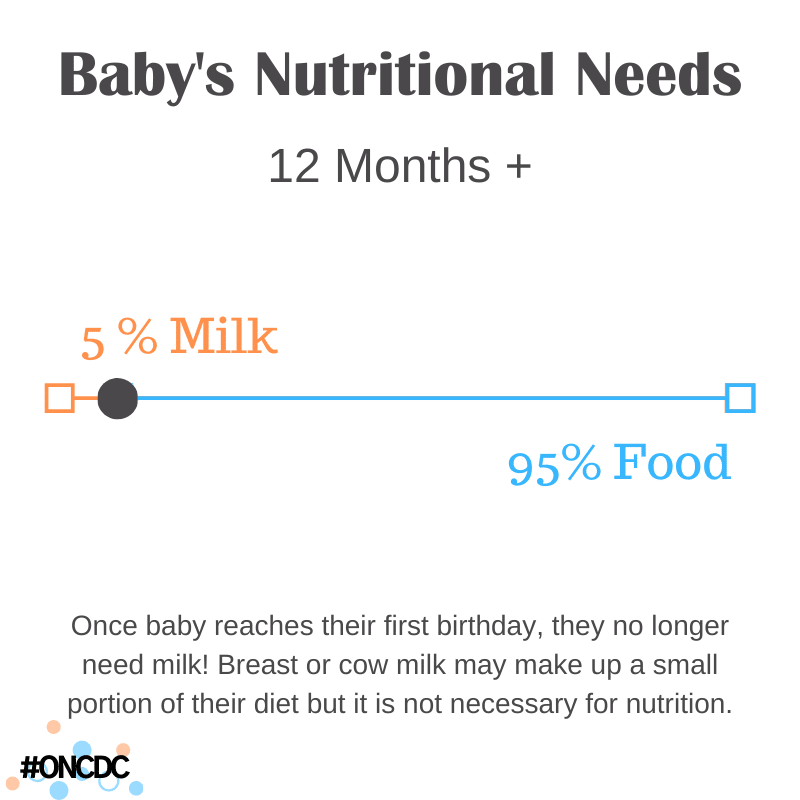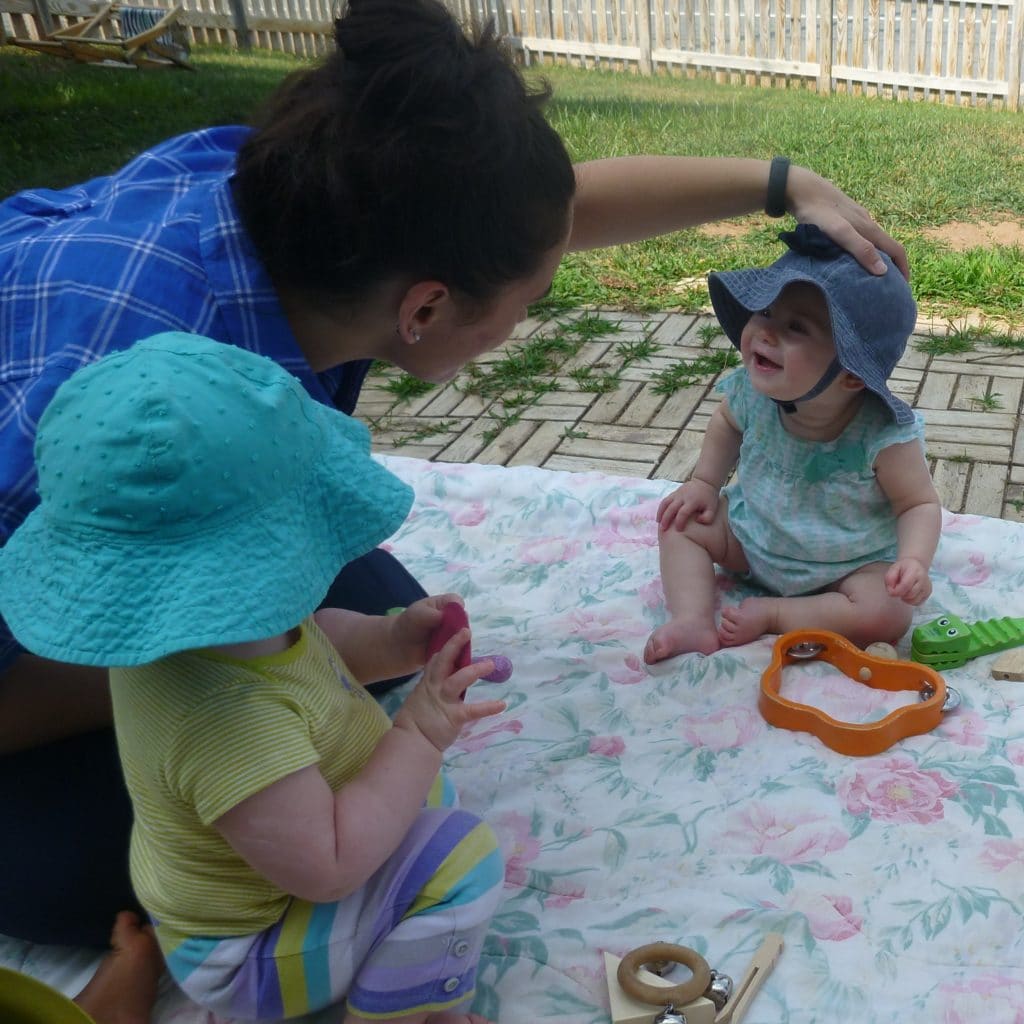Posts by Jenn
Why We Chose Holacracy?
Power-With Adult Relationships In our commitment to treat children like whole people from birth and offer respectful care, we want to be mindful of the power dynamic between teachers and children and creating a power-with relationship. The goal in a power-with relationship is recognizing the needs of all parties, including the children, and interacting respectfully…
Read MoreLearning Through Play
As an early childhood professional I often find myself saying over and over, “Children learn through play.” I defend play as not only a way to learn, but the best way for children to learn. I was reminded recently of a simple study that shows how important play is for young children. Fifty years ago…
Read MorePreschool Should Be Ages 3 to 8
Preschool should be ages three to eight not ages three to five. Children under age eight are in what researchers call a sensitive period of growth. Our public school system starts at age five so the majority of families just assume between five and six preschool ends and Kindergarten begins. Once in school children are…
Read MoreBaby’s Nutritional Needs – 12 Months +
We welcome, support, and recommend chest feeding as long as it suits the mother and child. The World Health Organization (WHO) states from age 12-24 months up to 30% of children’s calories can come from human milk, however that is not a reality for most children in the United States. If you’re feeding and enjoying…
Read MoreBaby’s Nutritional Needs – 6 to 8 Months
If you haven’t yet, it’s time to start your journey into food. After age six months, neither human milk nor formula have sufficient iron for baby’s nutritional needs. The extra calories and density of solid food may help your child to stay full longer and sleep in longer chunks. During this age, food will be…
Read MoreBaby’s Nutritional Needs – 10 to 12 Months
Breast milk and formula remain necessary for baby’s diet through their first year but with the first birthday on the horizon you will begin to see a drop in milk consumption. If you are nursing and it is working well for you and baby, the World Health Organization recommends keeping it up through age two.…
Read MoreBaby’s Nutritional Needs – 8 to 10 Months
Both table food and milk are essential to meet bigger demands for calories to support movement and growth. While many growth charts focus on calories per ounce of body weight, our experience is that as children begin to move, their desire for food and milk increases. For some, this increase in food demand may come…
Read MoreBaby’s Nutritional Needs – 4 to 6 Months
You can start offering food between four and six months. Follow your child’s cues, if your child is noticing, reaching for, and curious about your food they may be ready. Earlier is not better, it is no rush. At this age food is all about exploration and it is not necessary for baby’s nutrition. Even…
Read MoreBaby’s Nutritional Needs – 0 to 6 Months
Young babies do not need solid food. From a nutritional standpoint babies are getting all they need from their human milk or formula. It is also not recommended to give young infants water. Infants up to age six months do not need water and it could interfere with their sense of hunger and satiation. Solid…
Read MoreManaging Others Interactions with Your Child
Parent Question: I am reaching out to see if you can point me to some resources for approaching parents who are disrespectful to children. I had a parent recently speak really aggressively to E and I didn’t want to react in the moment, and make a misstep. But now I would like to thoughtfully respond…
Read More








